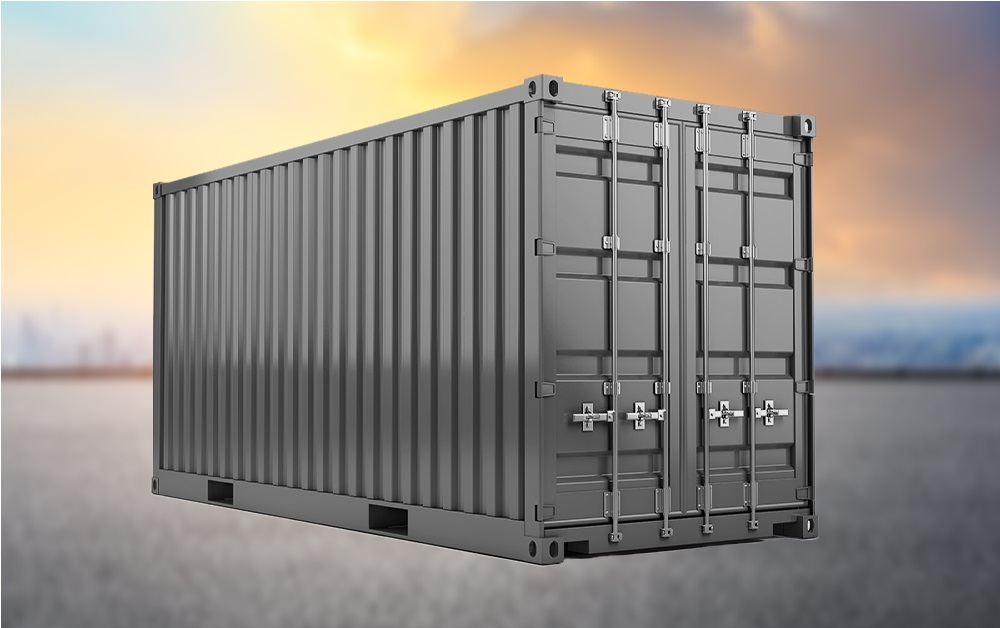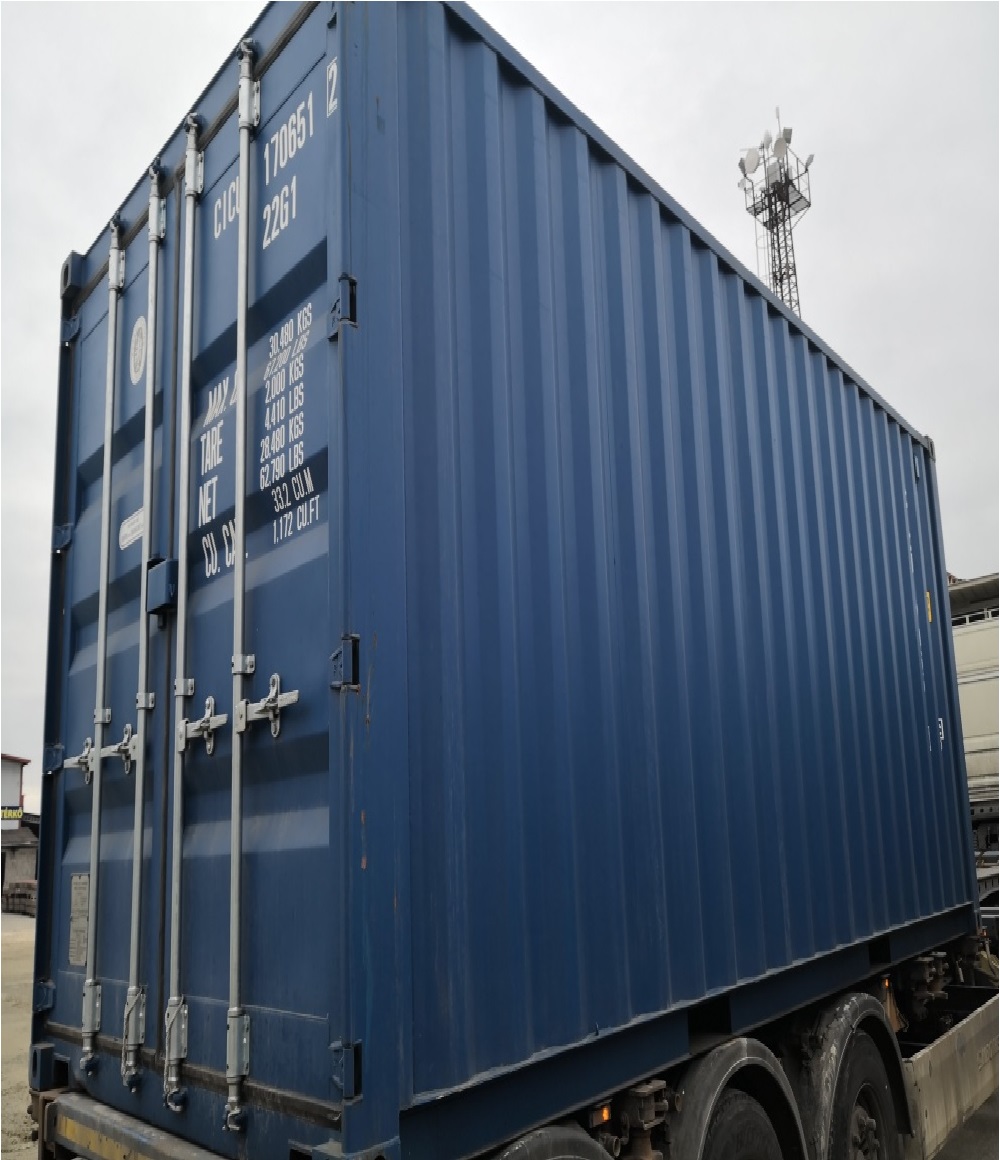
A one-way container refers to a packaging or transport container designed for single-use, typically for shipping goods or products that do not require the container to be returned to the sender. These containers are often made from materials like cardboard, plastic, or other lightweight materials, optimized for cost-effective transportation and disposal after use. One-way containers eliminate the need for return logistics and storage, simplifying supply chain operations and reducing costs associated with container management. They are widely used in industries such as logistics, retail, and agriculture, where efficiency and convenience in packaging and distribution are paramount.

Streamline Logistics with One-Way Containers: Efficient, Cost-Effective, and Environmentally Friendly Solutions.
One-way containers provide flexibility, minimize environmental impact, optimize storage space, and enhance operational efficiency in logistics and distribution networks.
One-way containers provide flexibility, minimize environmental impact, optimize storage space, and enhance operational efficiency in logistics and distribution networks.
Benefits include cost-effectiveness, simplified logistics, reduced storage requirements, and improved efficiency in packaging and distribution processes.
One-way containers are extensively used in global logistics for transporting goods efficiently and economically. In industries like e-commerce and retail, they facilitate streamlined distribution by eliminating the need for container return, reducing turnaround times, and lowering operational costs. Agricultural sectors utilize them for packaging perishable produce, ensuring freshness and reducing waste. In pharmaceuticals, one-way containers safeguard sensitive medications during transit, maintaining their efficacy. Additionally, they support disaster relief efforts by providing quick deployment of essential supplies to affected areas. Their lightweight design also contributes to fuel savings and reduced carbon emissions, making them environmentally favorable in modern supply chain management.
One-way containers are designed for single-use transport or packaging, simplifying logistics and reducing costs in various industries.
A challenge with one-way containers is managing the environmental impact of disposal and optimizing material recycling for sustainability.
A solution to the challenge of one-way containers involves promoting recycling initiatives and adopting biodegradable or reusable alternatives where feasible.
